Centrifugal pumps are the backbone of many industries, including oil and gas, power generation, marine, and chemical processing.
Their reliability depends heavily on the sealing system, which prevents fluid leakage and protects pump components. At the heart of these systems are seal rings.
Among all materials, tungsten carbide seal rings stand out for their ability to handle high pressure, heat, and corrosive fluids.
This article explains their role in centrifugal pumps, their advantages, and why decision-makers should choose them for long-term performance.
Why Sealing Is Critical in Centrifugal Pumps
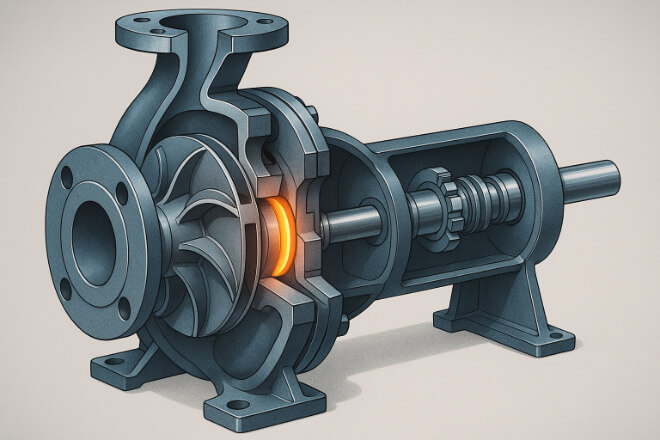
Centrifugal pumps operate by moving fluids with rotating impellers. The seal system must:
Prevent fluid leakage along the pump shaft.
Handle high rotational speeds and pressure.
Resist wear from friction and particles.
Protect bearings and other internal components.
Weak seals can lead to downtime, safety risks, and costly maintenance. That’s why selecting the right seal ring material is a strategic decision.
Properties of Tungsten Carbide Seal Rings
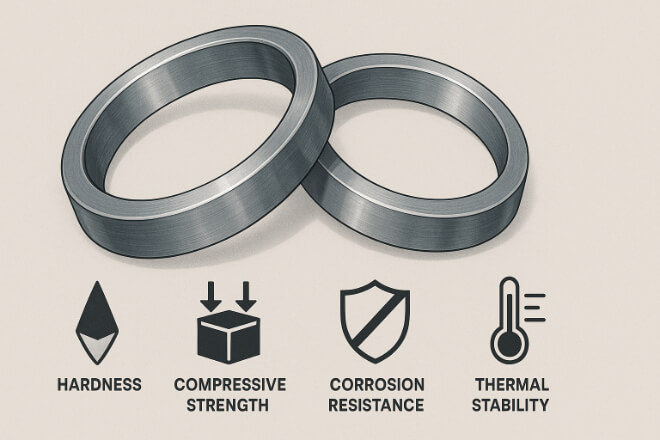
Tungsten carbide is a composite of tungsten and carbon, bonded with cobalt or nickel. Its unique properties make it ideal for centrifugal pump seals:
High hardness → Resists wear from friction and slurry.
High compressive strength → Withstands heavy loads without breaking.
Thermal stability → Performs reliably at elevated temperatures.
Corrosion resistance → Protects against chemicals, seawater, and hydrocarbons.
Dimensional stability → Maintains a precise seal under stress.
These qualities provide the durability and reliability that centrifugal pumps demand.
Cobalt-Bonded vs Nickel-Bonded Tungsten Carbide
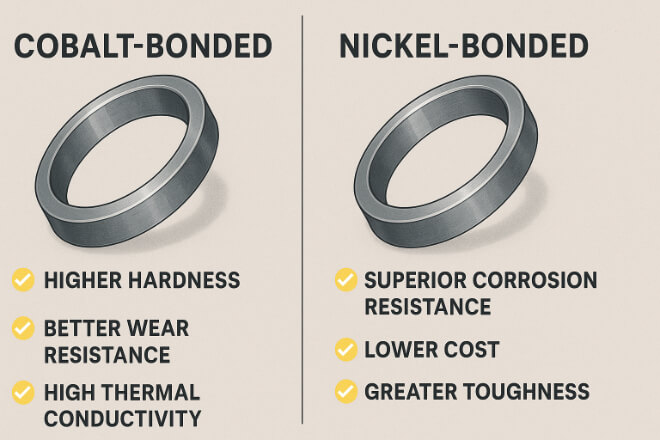
Two binder types are common in tungsten carbide seal rings:
1). Cobalt-bonded
Higher toughness.
Best for pumps exposed to vibration and shock (oilfield and mining).
Slightly less corrosion resistant.
2). Nickel-bonded
Better corrosion resistance.
Best for marine and chemical applications.
Slightly lower toughness compared to cobalt-bonded.
Choosing the right binder ensures long service life in the specific pump environment.
Advantages in Centrifugal Pump Sealing Systems
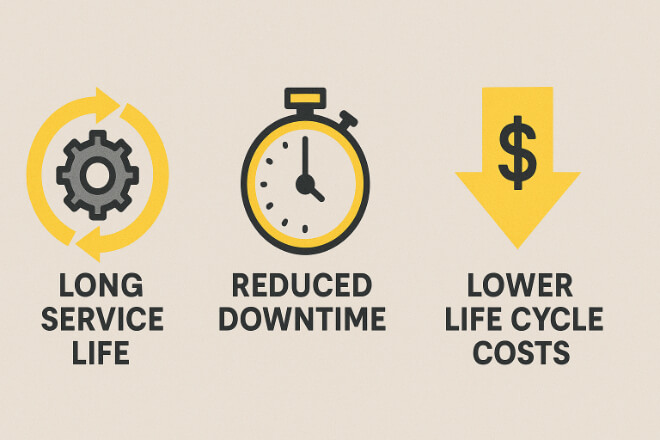
1). Long Service Life
Tungsten carbide seal rings last longer than steel or ceramic alternatives, reducing replacement frequency.
2). Better Performance Under Harsh Conditions
They resist thermal stress, mechanical shock, and abrasive particles, which are common in pump applications.
3). Reduced Downtime
More reliable seals mean fewer pump failures, ensuring continuous operation and cost savings.
4). Lower Life Cycle Costs
While more expensive upfront, tungsten carbide reduces maintenance, spare parts, and downtime costs over time.
Applications Across Industries
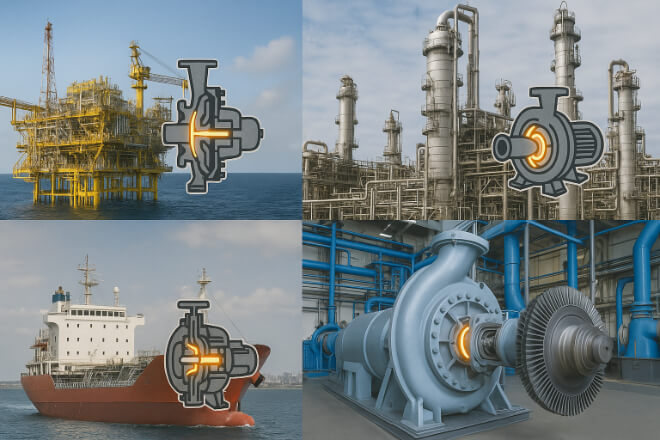
1). Oil and Gas
Centrifugal pumps in refineries and drilling operations handle abrasive and corrosive fluids. Tungsten carbide seals prevent leaks and extend pump life.
2). Chemical Plants
These pumps deal with acids, alkalis, and solvents. Nickel-bonded tungsten carbide seals provide strong chemical resistance.
3). Marine Systems
Seawater pumps require seals that resist both corrosion and high pressure. Tungsten carbide provides durability in ballast and cooling systems.
4). Power Generation
Cooling water and boiler feed pumps operate under high temperature and continuous stress. Tungsten carbide ensures long-lasting sealing reliability.
Comparison with Other Seal Ring Materials
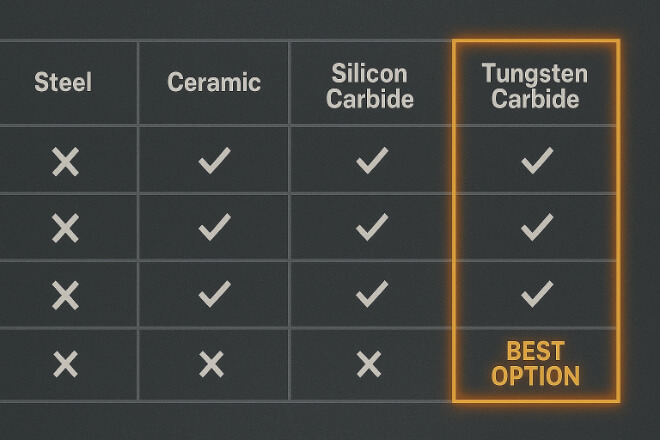
Steel seals → Prone to corrosion, short life in aggressive fluids.
Ceramic seals → Corrosion resistant but brittle under shock.
Silicon carbide seals → Strong corrosion resistance, but less tough under heavy load.
Tungsten carbide seals → Best overall balance of toughness, wear resistance, and durability.
Cost vs Long-Term Value
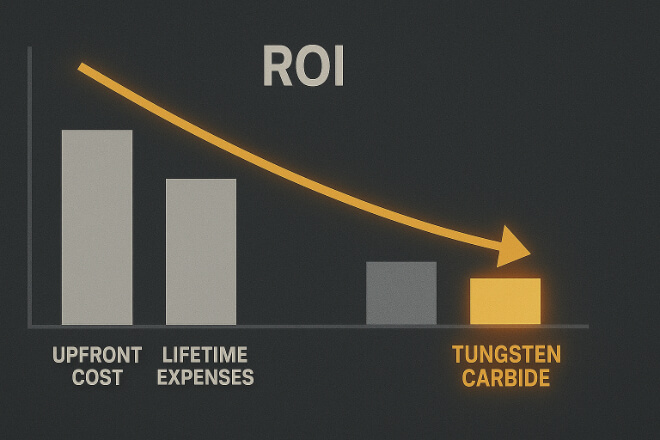
At purchase, tungsten carbide seal rings cost more than steel or ceramic. But their life cycle benefits include:
Longer service life.
Fewer replacements.
Less downtime.
Better ROI for critical pump operations.
For decision-makers, the long-term savings outweigh the initial investment.
Best Practices for Using Tungsten Carbide Seal Rings
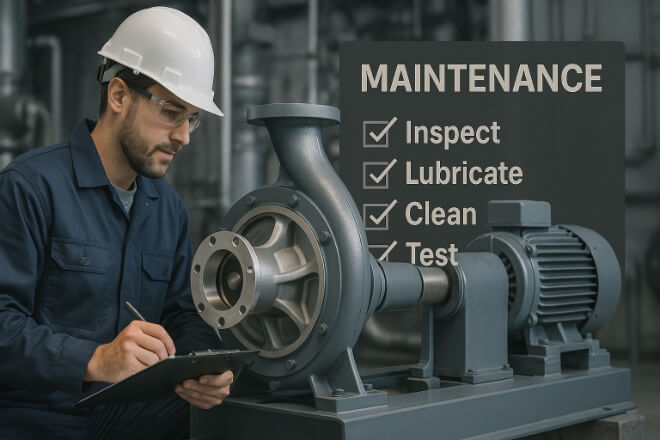
To ensure maximum efficiency in centrifugal pumps:
Select correct grade → Nickel-bonded for corrosion, cobalt-bonded for shock.
Install carefully → Avoid scratches or misalignment.
Use proper lubrication → Reduces heat and wear.
Inspect regularly → Detect early signs of wear or corrosion.
Sustainability and Recycling
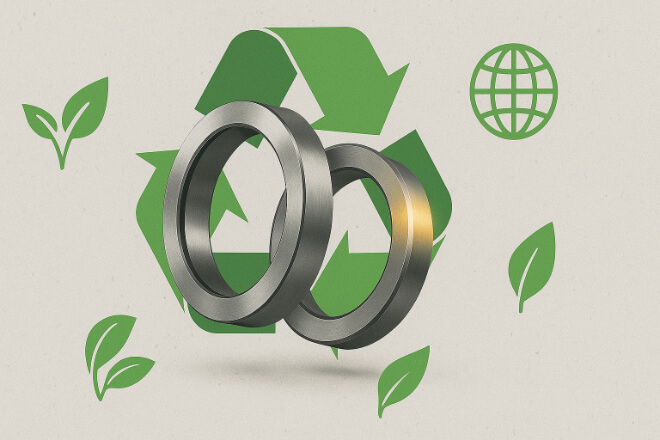
Tungsten carbide is fully recyclable. Worn rings can be collected and processed into new products. This reduces waste and supports corporate sustainability goals.
Key Takeaways for Decision-Makers

Tungsten carbide seal rings are the best choice for centrifugal pump sealing systems.
They provide unmatched wear resistance, corrosion protection, and durability.
Selecting the right binder maximizes performance in different industries.
Higher upfront cost delivers long-term reliability and ROI.
Recycling enhances sustainability efforts.
Conclusion
Centrifugal pumps need reliable seals to perform safely and efficiently. Tungsten carbide seal rings offer the durability, toughness, and chemical resistance that industries require.
For decision-makers, investing in tungsten carbide is not just about technical performance—it is a strategic choice for safety, efficiency, and cost savings.
If you want to know more details about any company, please feel free to contact us.
